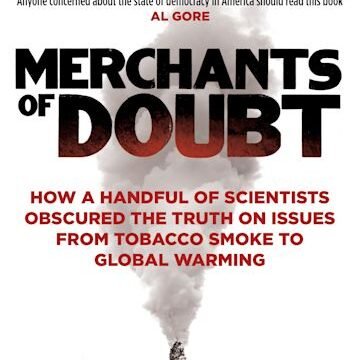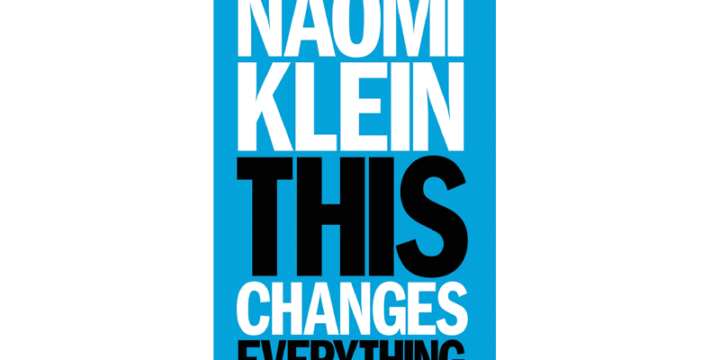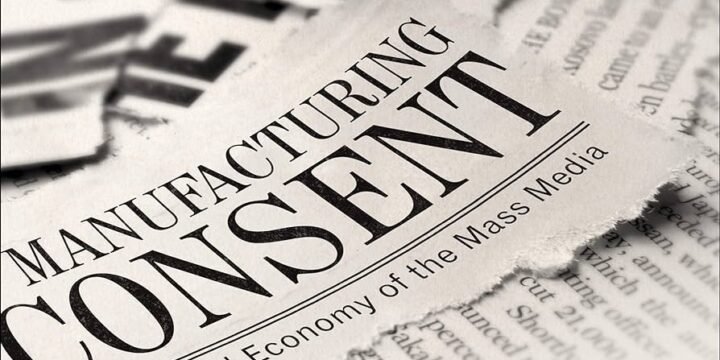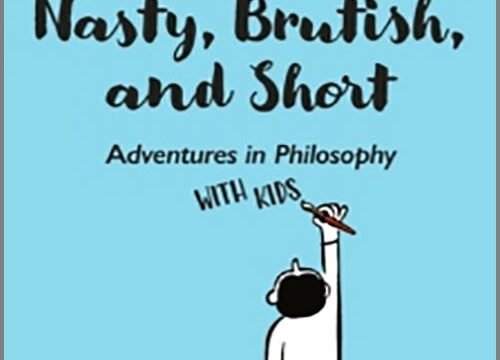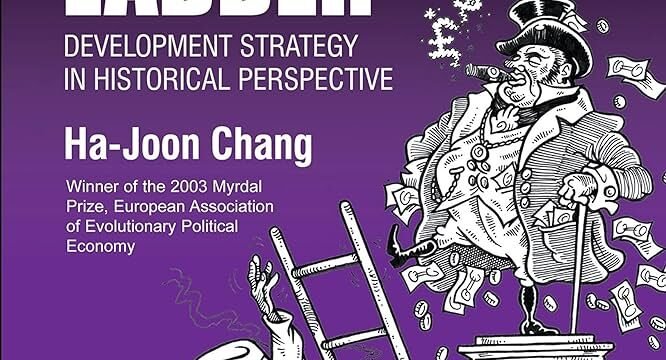
Kicking Away the Ladder & Bad Samaritans – Ha-Joon Chang
Ha-Joon Chang describes how rich countries are denying and preventing the same policies that made them rich to begin with – protectionism and tariffs. He argues that after getting rich, developed nations used the International Monetary Fund, the World Bank, and the World Trade Organization for “ladder kicker”, which he thinks is the biggest obstacle to poverty alleviation. Ha-Joon Chang also has a bunch of economics lecture series open from his Cambridge classes, called Economics for People. He won me from the trailer, where he says that economists (I could argue it applies to other academics and not just economist) have megalomania: https://www.youtube.com/watch?v=qaNTRFOkp0Q&list=PLmtuEaMvhDZbNVIDHA-MTVH0sLb5HP7Pn&ab_channel=NewEconomicThinking
